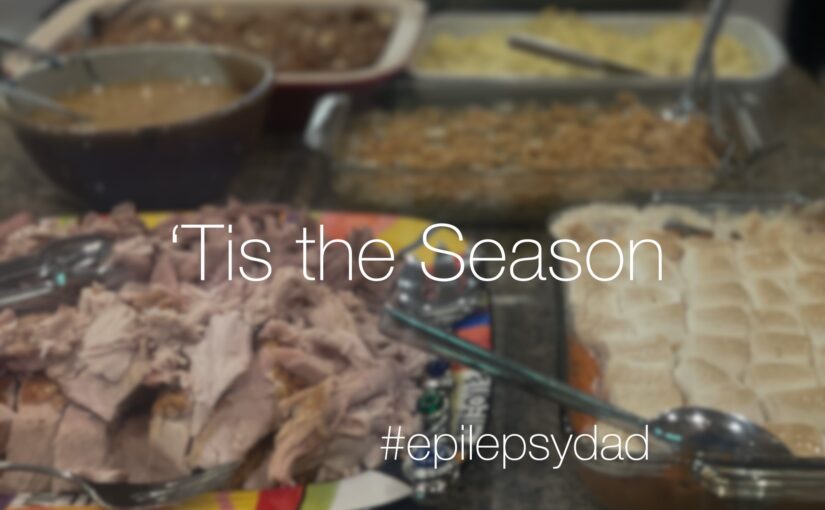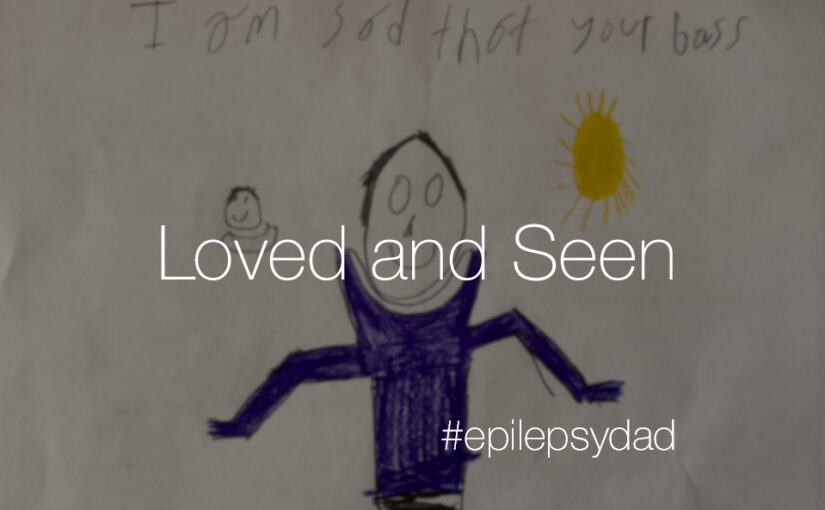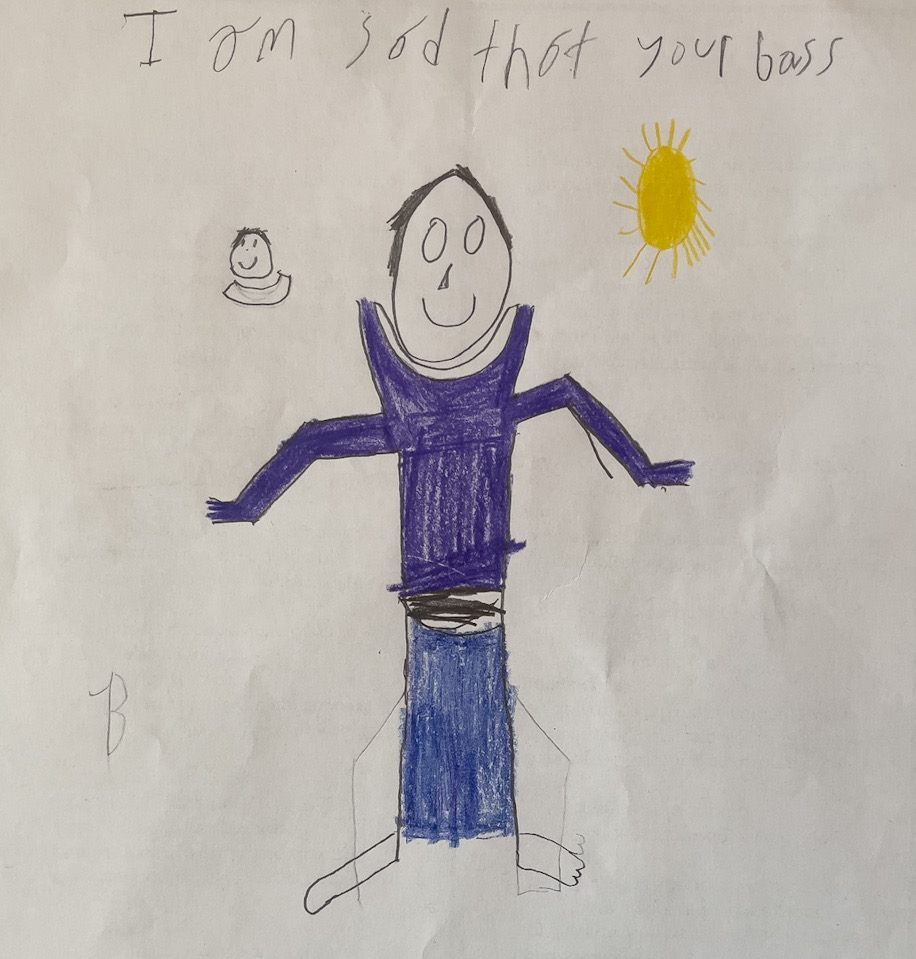This year for Thanksgiving, we decided to do something different and we traveled back to Colorado to spend it with our goddaughter’s family.
Colorado will always be a special place for me. I met my wife there, and we had our son there. We also have some of the best friends anyone could ask for who still live there. But as much as our son wants it to be some days, it’s not home anymore.
For a few days, though, it felt pretty close, largely because of the people we were surrounded by over the holidays.
Growing up, my family would gather at my grandparent’s house. There were 14 of us: grandparents, parents, siblings, aunts, uncles, and cousins. My grandmother would cook while the rest of the family would gather in various rooms to catch up. When it was time for dinner, the adults would sit around the big table in the dining room while the kids would be at a smaller table in the kitchen. Even at different tables, we were still together.
The holidays were different after I moved with my parents to Florida. Occasionally, we’d have family members visiting for Thanksgiving or Christmas, but most of the time, it was just us, and it didn’t feel as festive or warm (except for the temperature).
I felt that sense of togetherness again when I celebrated Thanksgiving with a friend’s family after I moved to Colorado. Even though I was alone in Colorado, being with a family during the holiday gave me a sense of place.
The first few years after I met my wife, we began spending holidays with her family, and it wasn’t seamless. A pending in-law divorce with complicated family dynamics made some conversations uncomfortable, and my wife and I were also going through challenges, even before our son started having seizures. We had wonderful moments, but it was never easy.
Our Pennsylvania holidays were also challenging because our lives continued to become more difficult. With our son’s eventual diagnosis and our struggles with epilepsy, the strain our history put on us and our marriage, and evolving family dynamics and personalities, the holidays weren’t always something we looked forward to. Again, we had wonderful moments, but the effort and stress of pulling it off were exhausting. The holidays sometimes felt like they took more than they gave.
That is what made this year special. We were with people who were happy and grateful to be together. Even though it wasn’t with the family we were born into, it felt like a family we belonged to and the family we needed. It also reminded me of the holidays growing up, a feeling I wasn’t sure I would ever feel again.



